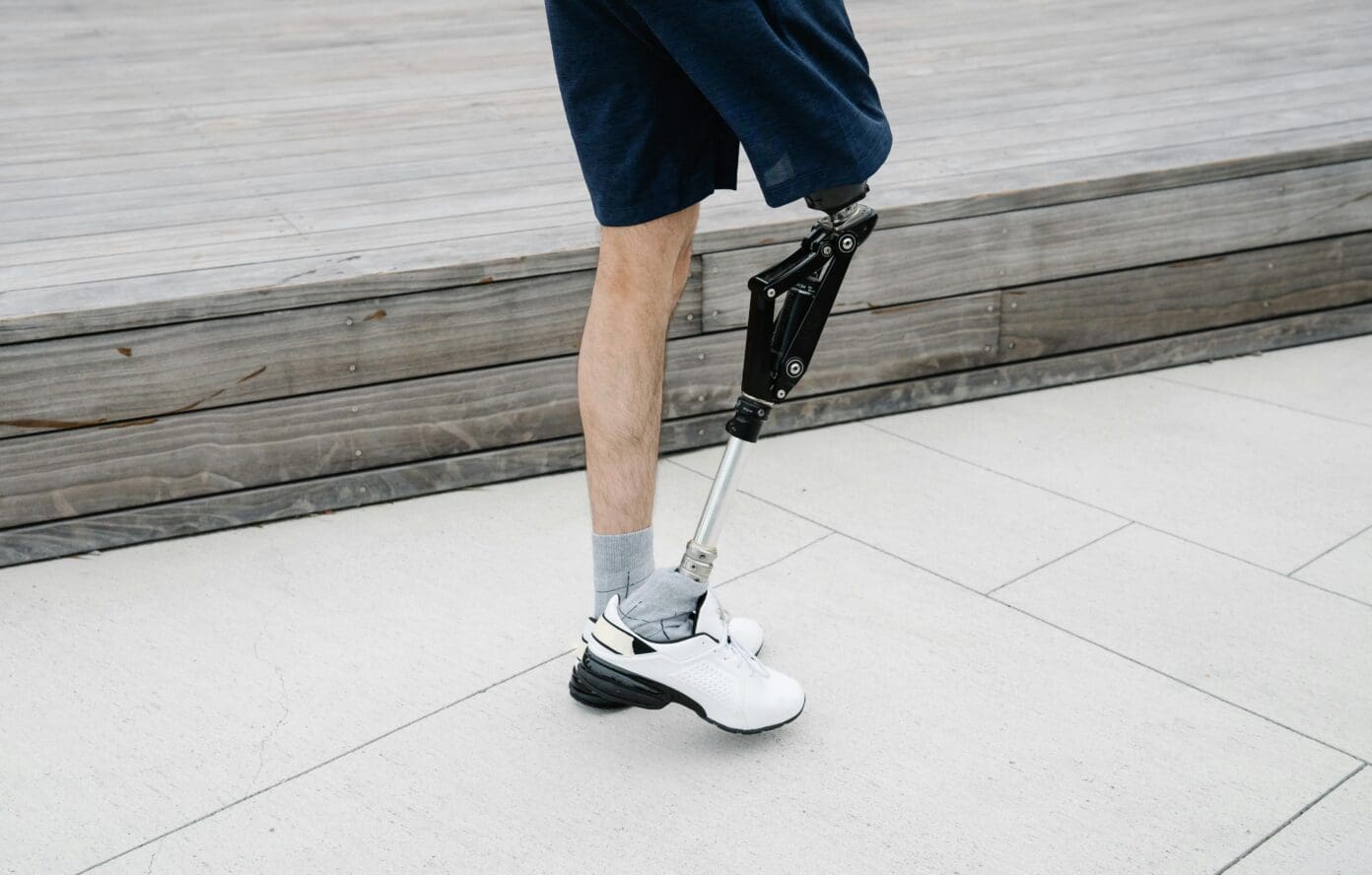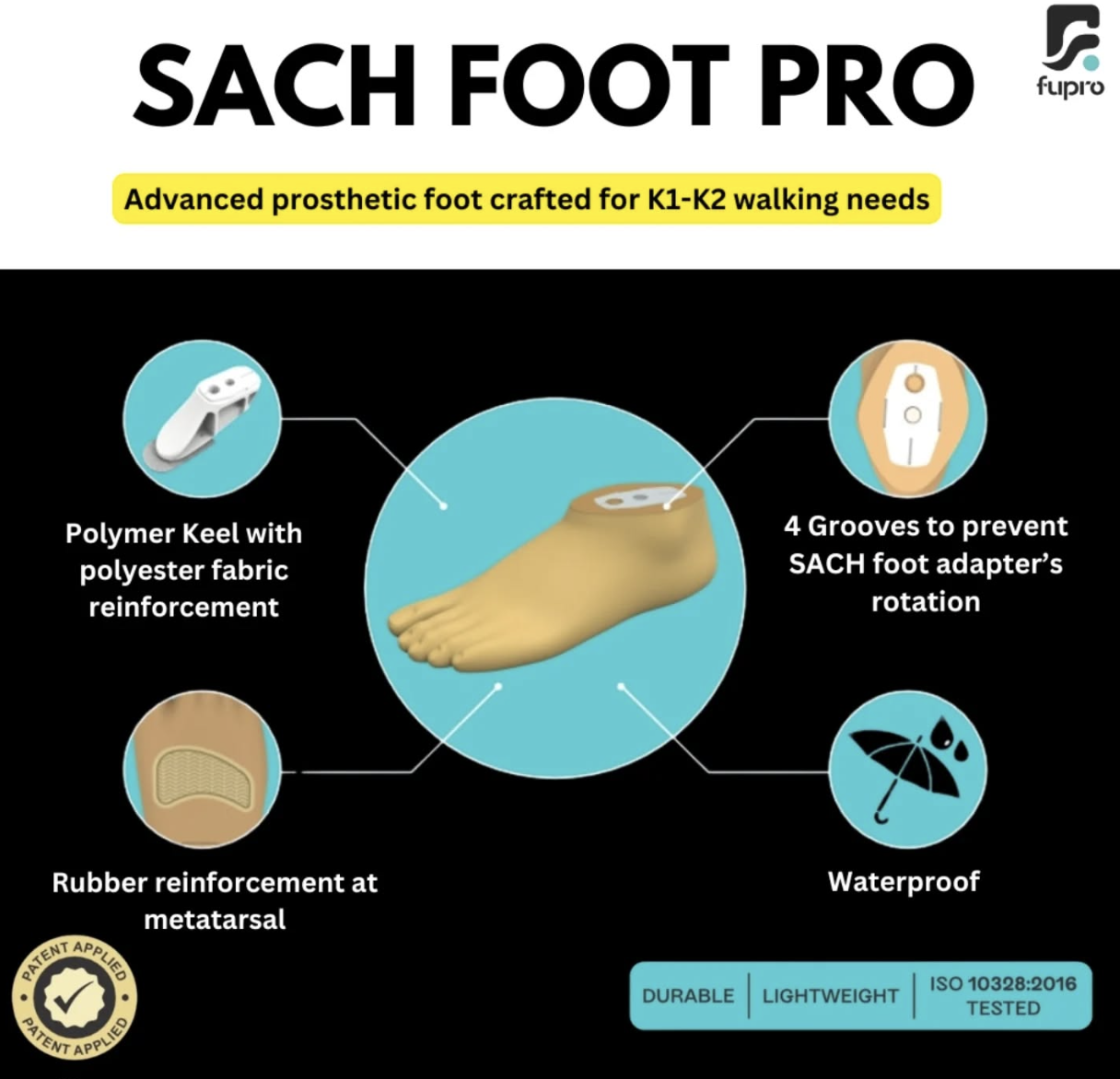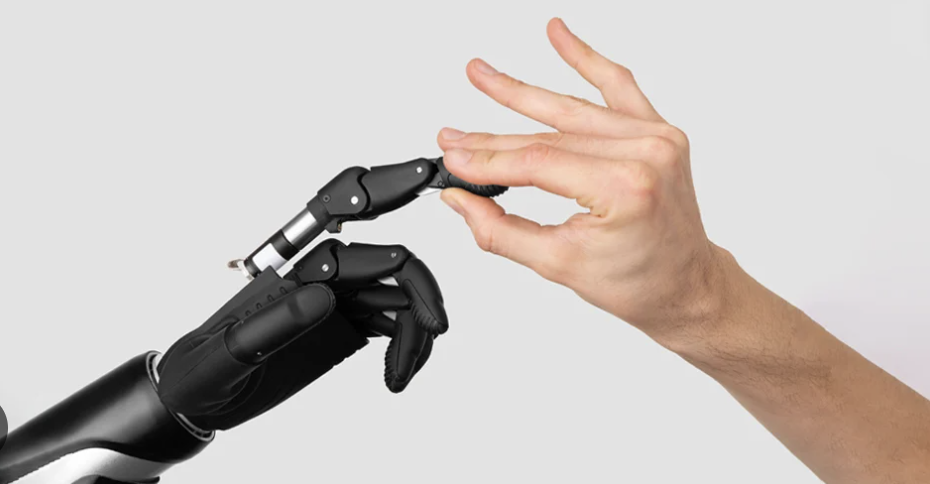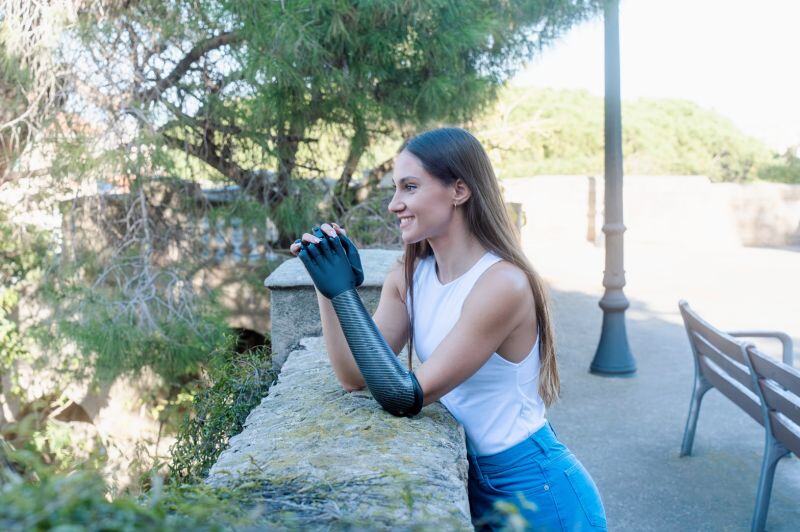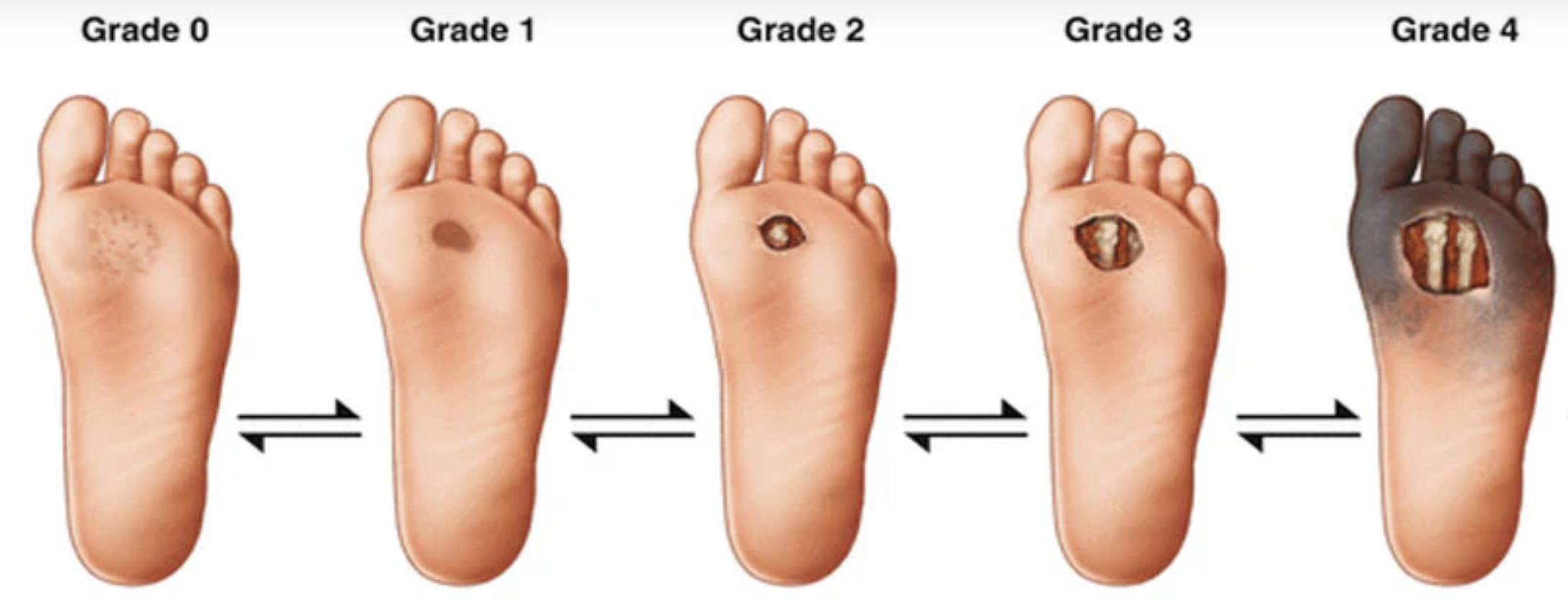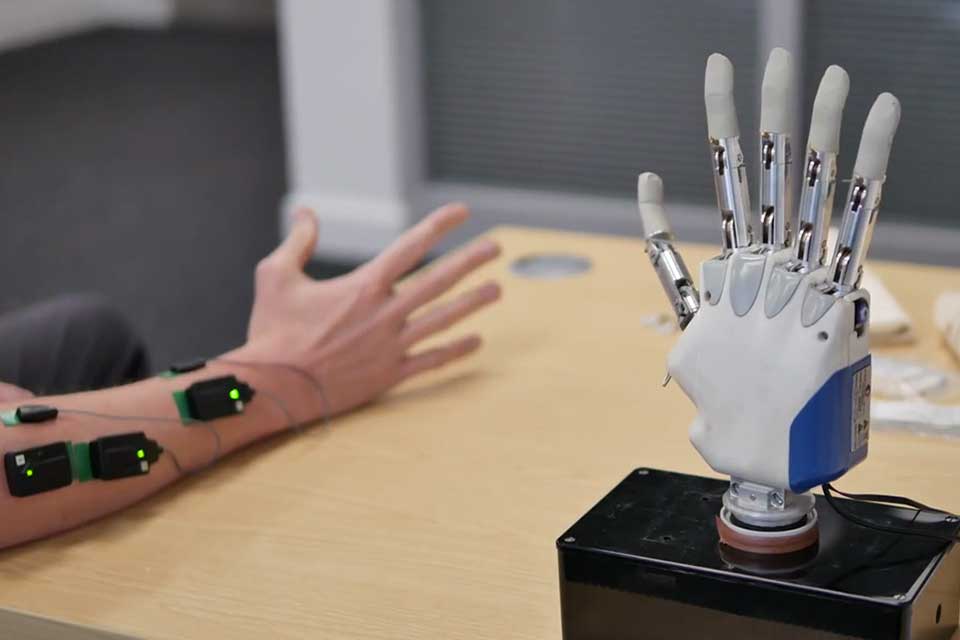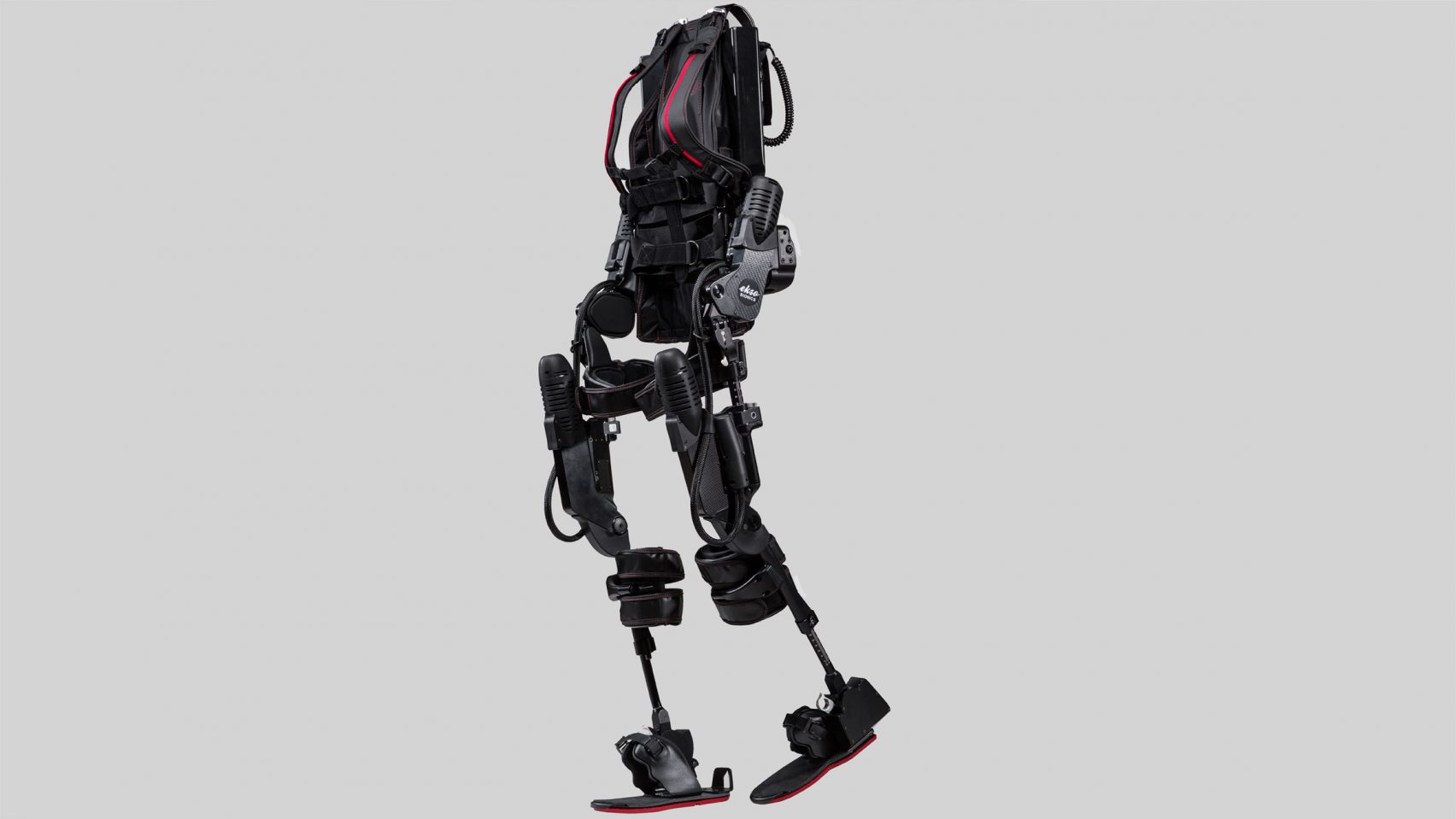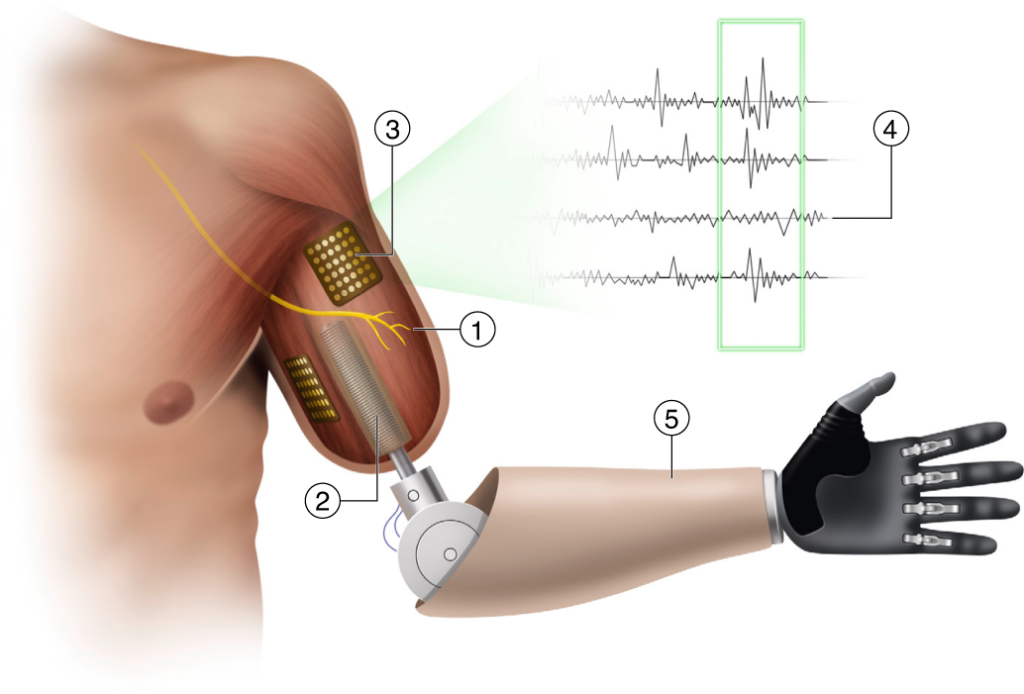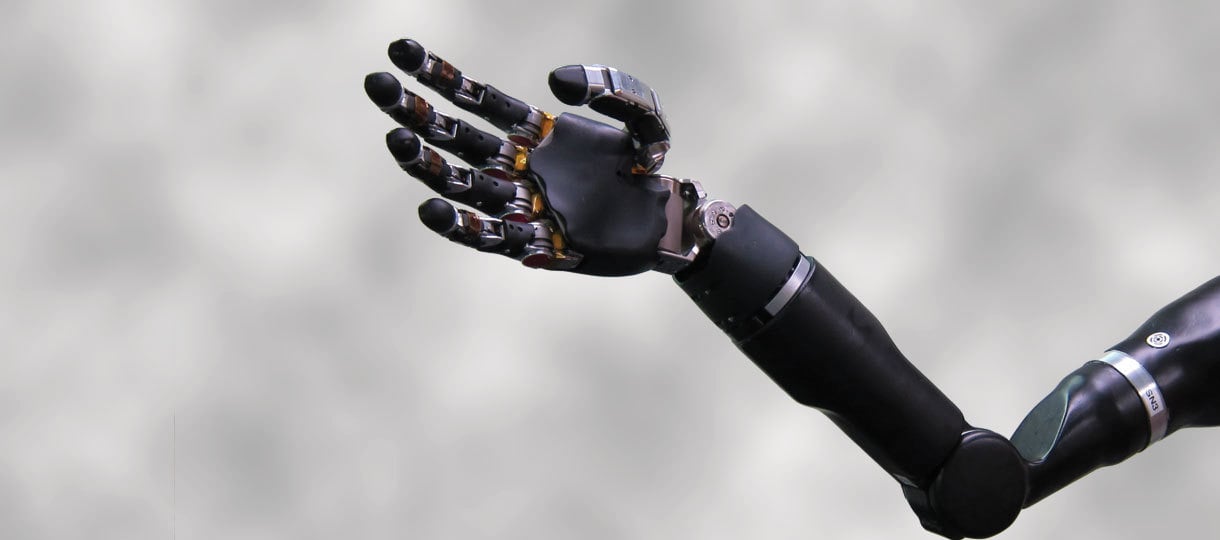At CES 2025, Ukrainian company SYLA showcased a groundbreaking innovation: an AI-powered bionic prosthetic knee designed to offer a more comfortable, natural, and affordable solution for individuals in need of limb replacement. This development is particularly relevant given the growing demand for prosthetics due to the ongoing conflict in Ukraine.
SYLA’s bionic knee features an AI-driven system that adapts to a user’s unique movements, improving comfort and functionality. According to Olia Synyakevych, the company’s COO and co-founder, extensive research and collaboration with clinics have been pivotal in shaping the design. By spending time with prosthetic users, SYLA has refined its approach to meet the specific needs of individuals, aiming to make prosthetics feel more like a natural extension of the body.
One of the key advantages of the AI-powered knee is its ability to provide a more dynamic range of motion. Unlike traditional prosthetics, which often have preset motion limits, SYLA’s knee uses AI to continuously adjust to the user’s movements. This technology allows the knee to bend naturally, mirroring the function of a biological knee. A demonstration at CES revealed how the AI prosthetic enabled smoother, more fluid motion compared to regular prosthetics, which often limit flexibility and can be less stable.
The prosthetic’s motorized system helps with the bending motion, while AI customization tailors the movement to each user’s specific gait cycle. This makes the prosthetic knee not only more functional but also safer, reducing the risk of falls and injury during high-intensity movements that would be difficult with traditional prosthetics.
Currently, SYLA is focused on testing the knee in the Ukrainian market, where the need for such devices is high. The company is working on refining the final product, with plans for trials in the coming months. While pricing in Ukraine is still being determined, prosthetics are expected to cost around $30,000 in the US.
SYLA’s innovative approach to prosthetics promises a major leap forward in accessibility, comfort, and functionality for users worldwide.
